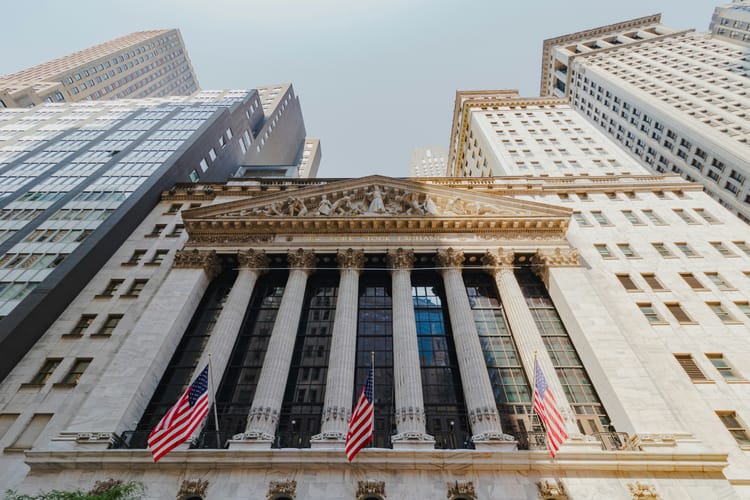EY Law’s Global Head of Sustainability Michelle Davies on sustainability as a ‘real, economic risk’

As a lawyer dedicated to clean energy and sustainability for the past 25 years, Michelle Davies, now Global Head of Sustainability for EY Law, is well placed to understand the risks companies face in the transition to more sustainable business models.
In this written interview with CSO Futures, she shares her thoughts on the future of the Chief Sustainability Officer role, and the need for them to demonstrate how they can add value to their organisations, beyond compliance.
How have you seen the role of the CSO evolving in the years you have worked in this space, and how do you expect it to change in the coming years?
In the early days, CSOs were very much focused on compliance. However, this has shifted as organisations realise that sustainability is both about managing risks and creating value, meaning CSOs are now becoming a core part of the C-suite. In looking forward, I believe CSOs will become more closely aligned with CFOs, as sustainability is becoming what I like to call a real, economic risk.
As sustainability becomes embedded in strategy as ‘business as usual’, what will happen to the role?
Technology such as Generative AI (GenAI) is forging ahead to become a vehicle to measure legal operations and compliance. As I look ahead to the future, I believe we will increasingly see the need to consider emerging technologies as with practice, these technologies will undoubtedly change law, compliance, governance and tax.
Read also: Sustainability directors concerned about volume of ESRS data points
How involved are you with EY’s own sustainability strategy?
I’m part of the EY Sustainability Leadership Team and sit on various groups and councils. I’m heavily involved in developing our external sustainability strategy, which is focused on how we create value for our clients and enable them to meet their immediate and long-term sustainability objectives.
My team is also heavily involved in helping our clients identify, understand and manage sustainability risks, and increasingly, how they can convert these risks into opportunities. My team also works with the EY Law multidisciplinary teams to provide a full suite of sustainability legal services that help our clients address their sustainability priorities and challenges. Finally, I oversee the Sustainability aspects of EY Legal Managed Services, which offers scalable global support on diligence reviews, contract amendments and new contracts.
What are you most proud of achieving in your sustainability career?
It took nerves of steel to leave the relative comfort and safety of the law firm environment, which was all I had known for over 30 years, to join EY. However, if I stayed, I would have been constrained in what I could deliver to clients…
I am so proud to be part of such a committed, galvanised and focused team of incredibly talented and generous individuals. Whilst I live in a constant dual state of terror and euphoria, I don’t regret my decision.
What would help CSOs achieve even more meaningful work?
CSOs will need to focus on demonstrating how their roles and the work they do can deliver real value for the entire organisation beyond general compliance and risk management. This means getting involved in directing company-wide strategies and identifying opportunities to add real value to the organisation.
How do you think gender influences CSOs’ power within their organisations?
While I have not noticed a difference in terms of influence, I believe that we are still not where we need to be in terms of gender equity (as well as equality) at senior levels within organisations. From a broader perspective, the global workforce is more diverse than ever before. We increasingly face emerging and complex challenges of social inequity, discrimination and bias worldwide. In times of uncertainty, people tend to gravitate towards sameness, where some may feel more included whilst others may feel more excluded and ‘different’. In fact, according to the EY Belonging Barometer 3.0, 75% of employees report feeling excluded at work.
I recognise the power I hold in my role and urge other leaders to help build environments that are inclusive and equitable. Ultimately, the success of our teams largely hinges on our ability, as leaders, to foster a diverse and inclusive environment where all differences are valued.
Join your peers in the CSO Futures community on Linkedin







Member discussion